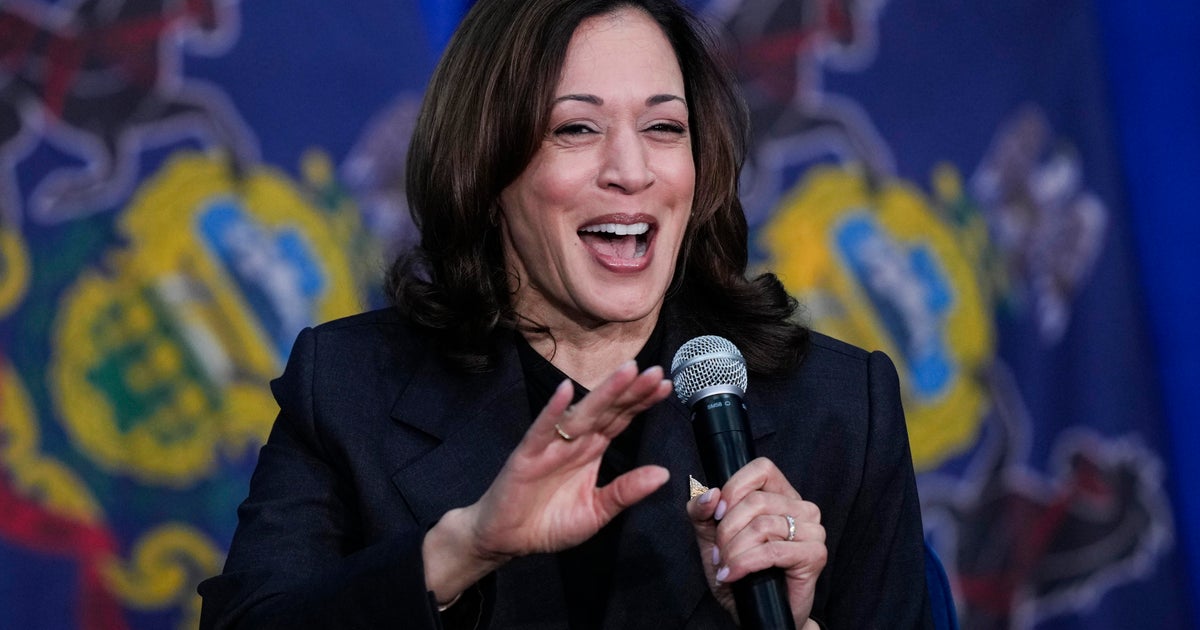Stocks tank after Trump slams the Fed on Twitter
Stocks sank sharply Monday, with key U.S. indexes on track for their worst December since the 1930s. Heightening investor anxiety was U.S. Treasury Secretary Steve Mnuchin's statement this weekend that he spoke to the CEOs of six major U.S. banks about their financial stability.
The Dow fell 653 points, or 2.9 percent, to close at 21,792—its lowest level in more than 15 months. The S&P 500 lost 2.7 percent and the Nasdaq sank 2.2 percent
As stocks continued their retreat from record highs only a few months ago, President Donald Trump renewed his attack on the Federal Reserve. In a tweet on Monday he said "The only problem our economy has is the Fed" and that "They don't have a feel for the Market." Mr. Trump has repeatedly flogged the Fed in recent months, calling the central bank's move to gradually raise its benchmark interest rate the biggest threat to his economic agenda.
Analysts say such objections almost certainly make things worse because they undermine the Fed's traditional independence from and put its monetary policy into question.
The latest leg down in stocks follows a bruising week that put the major indexes in negative territory for the year. The S&P 500 has fallen more than 17 percent this quarter and is off more than than 12 percent for the year. The Nasdaq is in a "bear" market, down more than 20 percent from its August peak. The Dow has dropped nearly 11 percent in 2018.
Treasury protests too much?
Late Sunday, Mnuchin disclosed calls with the heads of Bank of America, Citi, Goldman Sachs, JP Morgan Chase, Morgan Stanley and Wells Fargo. Mnuchin said the CEOs all assured him they have ample money to finance their normal operations.
The call struck market observers as curious given that investors have expressed no concerns about the banks' financial condition.
"Treasury's readout is unusual, in our view, given that bank liquidity is not a risk or concern that has been raised by regulators, economists or analysts," analysts at Height Securities said in a note. "While the statement appears to be an attempt to calm the markets, the timing coupled with a general lack of concern on financial system liquidity, may cause a negative market reaction as investors discern if this is an issue that could affect financial companies and/or the financial markets."
In addition, Mnuchin said he will host a call Monday with the President's Working Group on Financial Markets, known unofficially as the "Plunge Protection Team." The group includes officials from the Federal Reserve, the Securities and Exchange Commission and the Commodity Futures Trading Commission. Mnuchin also said he invited the Comptroller of the Currency and the FDIC chairman to participate.
"This is the type of announcement that raises the question of whether Treasury sees problems that the rest of the market is missing," said Jaret Seiberg, an analyst with Cowen Washington Research Group, in a note. "Not only did he consult with the biggest banks, but he is talking to all of the financial regulators on Christmas Eve. We do not see this type of announcement as constructive and worry that it can trigger the vary panic that Treasury wants to avoid."
The stock market is not the economy
The rout in stocks has baffled some observers, coming at a time when the U.S. economy continues to expand at a solid rate. Growth this year is on track to grow at the fastest rate since 2005, while unemployment is at its lowest level in nearly 50 years. Next year, the Fed expects unemployment to stay low and for economic growth to slow to a still solid 2.3 percent.
One reason behind the market sell-off, which began in the fall and accelerated in December, is concern about slowing global growth, including in China, the world's second-largest economy. While the U.S. economy remains solid, financial markets are reacting to perceived roadblocks coming next year.
"There are a number of potential difficulties in 2019: trade policy, slowing global growth, Brexit, Italy, the Mueller investigation, and just possibly, a bad attitude," Scott Brown, analyst at Raymond James, wrote in a note.
-- The Associated Press contributed reporting



